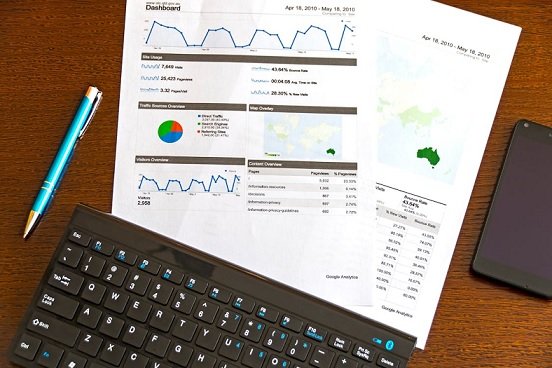A credit report is a detailed history of one’s credit situation and activity. Lenders, financial institutions, landlords, and employers use the credit report to help them gauge or assess the risk of doing business with you and validate your identity.
The information in your report might be presented and organized differently based on where you got it from. For some help, here’s a comprehensive overview of the information in a credit report.
Personal Information
Your personal information is at the top of your credit report. These details don’t necessarily affect your credit scores. However, they are crucial for verifying your identity and associating you with your accounts.
Usually, the following pieces of information will appear on your report only if you’ve handed them over to a creditor:
- Your complete name and any name variations you’ve used on credit accounts, such as surnames before marriage or after a divorce, nicknames, or names with or without an initial.
- Previous and current mobile numbers
- Your previous and current addresses
- Your credit report might list just the year of your birthdate or the entire date.
- Your Social Security Number and possible variations
- The names of past and current employers
- The names of the people with whom you have mutually applied for loans.
- Your personal statement. For example, you want to explain why you have fallen behind on payments.
Ensure to keep an eye out for any details that you don’t recognize, like addresses. Spotting any errors could indicate that somebody else has used your personal information to open shady accounts under your name. As soon as you pin down any wrong information, report it.
Credit Accounts
This section displays a well-defined and elaborate account of your borrowing and repayment history, including credit cards, mortgages, car loans, and student loans.
You may also find information about closed accounts. These can include defaulted or paid-off loans and credit card accounts brought to a close by the card issuer or you. Nevertheless, closed accounts on credit report can stay for at least ten years if the account was in excellent standing when it was closed.
Moreover, each account listed on your report will generally include other details such as:
- Date opened and closed
- Payment history
- Account balance
- Loan amount or credit limit
- Name of lender
- Type of account
Double-check your payment history. Ensure it doesn’t show errors like late payments when you pay promptly. Also, you want to ensure your account limits are correct because they can influence your credit utilization ratio, which is a significant factor in calculating credit scores.
Credit Inquiries
The next section on the report is credit inquiries, which are records of when your report was opened. Typically, your credit report categorizes these inquiries into Hard and Soft Inquiries.
Hard inquiries are appeals to check your report. These inquiries will be visible for at least two years and can affect your credit score. Hard inquiries are triggered when you:
- Apply for a loan, mortgage, or credit card
- Request for a credit limit increase
- Open an account for internet, cable, or phone services
- Apply to rent an apartment or house
Contrastingly, soft inquiries are straight-out assessments or superficial checks of your credit report. They won’t impact your credit score in any way. Hence, you can rest assured that it won’t suddenly go downhill. However, soft credit checks do come out on the report for two years. Nevertheless, potential lenders won’t see them.
Soft inquiries are triggered when you:
- Pre-qualify or pre-approved for credit card offers
- Are subjected to pre-employment background checks
- Get insurance quotes
- Check your report
Public Records
Public records such as foreclosures and bankruptcies also appear in your credit report. In addition, unpaid child support or court-mandated allowance for a former spouse can come out on your report.
All this negative information can show up on your credit report for seven to ten years. Even though settling the account won’t result in a clean slate, it could lessen the impact on your credit score.
Where to Get My Credit Report?
Wondering where you can get a copy of your credit report? Well, good news. You can get a free copy at AnnualCreditReport.com once a year.
Other ways to check your credit report for free include the following circumstances:
- have been preyed on by identity theft
- rejected for insurance
- denied loans
- can’t get employed
Conclusion
Credit reports are very important. They contain information that can influence or impact our lives in many ways, from getting a personal loan to renting our first apartment. With that in mind, carefully examining your credit report is crucial to ensure that everything written in the report remains accurate and true. If you find any errors, dispute them. Credit bureaus are required to investigate and resolve the matter.



